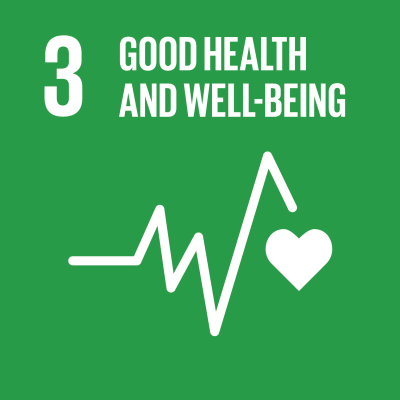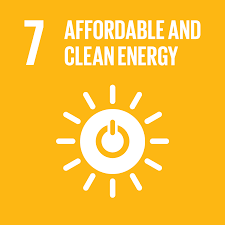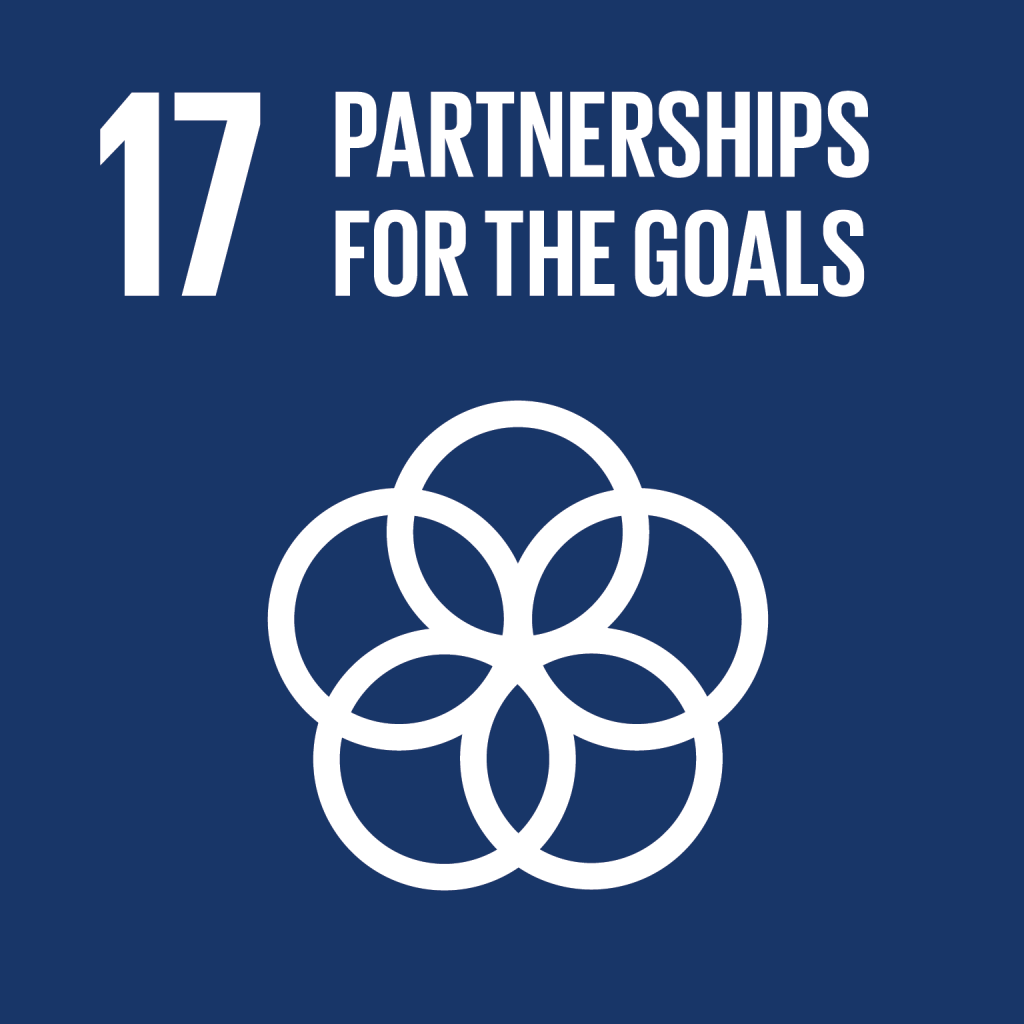Africa’s Energy Revolution
Sub-Saharan Africa is a region of vast opportunity and potential. With African energy demand predicted to grow twice as fast as the global average over the next two decades, Africa faces unique challenges in meeting this demand (International Energy Agency (IEA), 2019).
The growing weight of Africa’s energy needs are often felt when electricity consumption surpasses supply, leading to blackouts hampering production. These outages, also called “dumsor” in Ghana have become a familiar occurrence for many Africans, as they grapple without access to power for several hours daily.
In Search of High-Powered Solutions
In Ghana, these occurrences pose a severe burden to the healthcare sector, as for example, the cold chain for required vaccines and blood supply may be cut, the light in the operating room may go out or life-saving medical equipment may fail. With the continent having the richest solar resources on the planet, photovoltaic (PV) power, which harnesses energy from sunlight, could be the driver of future energy growth.
However, the PV market in Ghana requires further expansion and innovation, if it is to keep pace with the country’s accelerating demand for energy. According to the World Bank, only 3% of the population can currently access PV power through off-grid systems in West Africa and the Sahel (World Bank, 2017). Innovative solutions are needed to reduce greenhouse gas emissions and improve energy and health access.
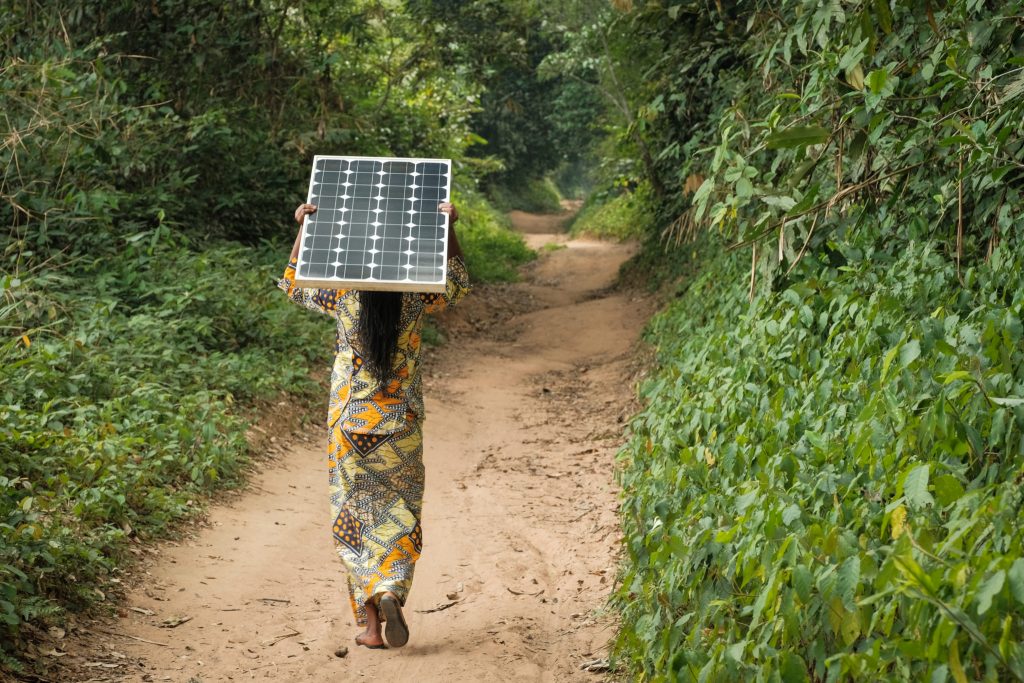
EnerSHelF: A Ray of Sunlight for the Health Sector
The German-Ghanaian joint project Energy-Self-Sufficiency for Health Facilities in Ghana (EnerSHelf) aims to address this; experts from academia and industry work together on both technical, economic and political questions to improve and disseminate marketable PV based energy solutions for health facilities in Ghana.
What distinguishes the approach of EnerSHelF is its interdisciplinary and context specific design, which takes into account a broad array of factors to allow for successive cross-sectoral and regional leveraging of solutions put forward by the project. The engineering expertise of EnerSHelF will address the technical optimization of PV solutions in Ghana and see the installation of PV solar panels in health facilities in various locations throughout the region. Solar panels will draw energy from the sun’s rays to create an independent, on site source of electricity. In doing so, reliance on the unstable energy grid and on diesel generators will be diminished, strengthening health care and the sustainability of the national energy system.
Economists will address the feasibility of PV based energy solutions from a political-economic perspective and will determine barriers and drivers of change towards a sustainable energy transition. Identifying stakeholders and change agents will also facilitate the transfer of knowledge and the use of sustainable market-based PV energy solutions. Additionally, the creation of a framework of stakeholder engagement, transfer and dissemination in which the technologies and their adoption are tailored to local factors will enable context specific, use of PV energy solutions and so help in energizing Africa’s future.
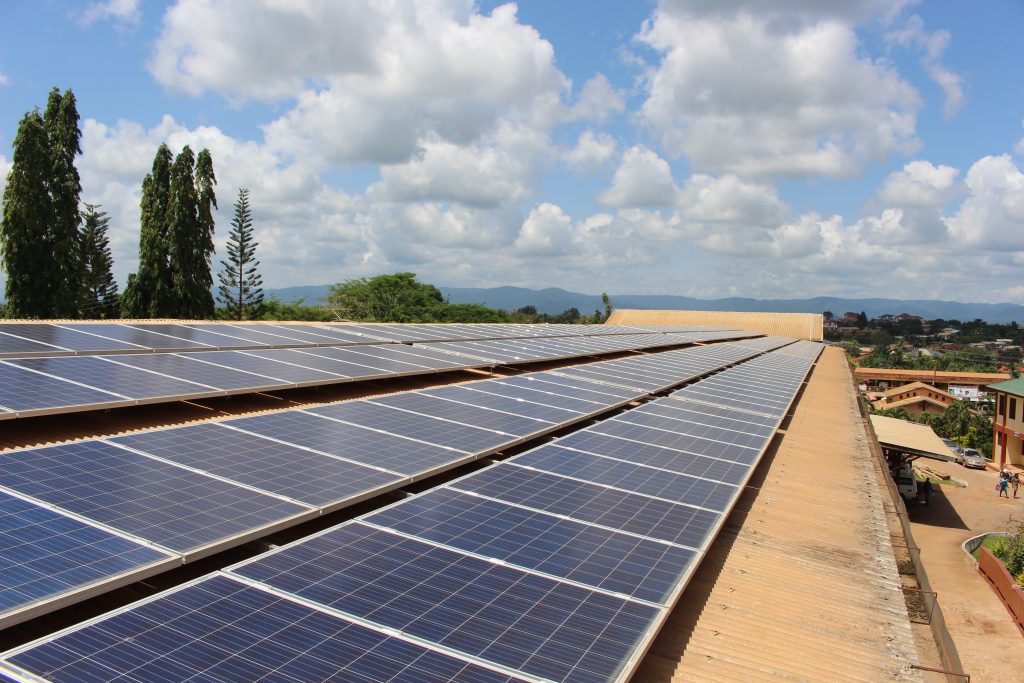
Contributing to a Sustainable Future
As an important catalyst for sustainable development, access to a reliable source of clean energy is vital for inclusive economic development, improved human health, wellbeing and security. As such, EnerSHelF can contribute to Sustainable Development Goals (SDG) of health (SDG 3), energy (SDG 7) and partnerships (SDG 17). Success of the project will not only contribute to sustainably energizing health facilities in Ghana, but also help reduce global CO2 emissions and identify important variables in the implementation of the PV power model in other regions and sectors.
